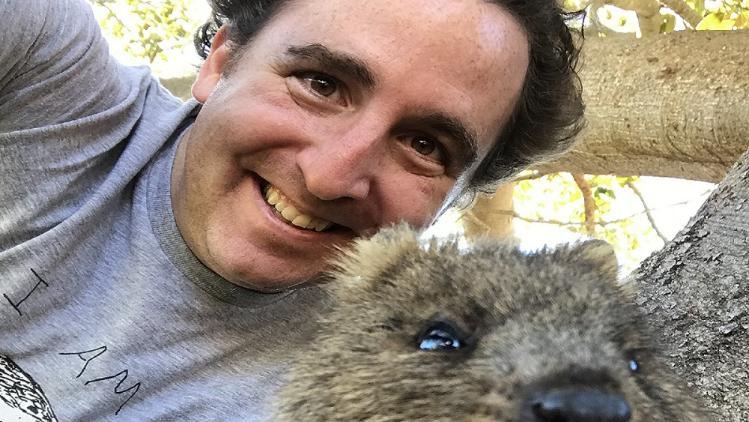The Agora Speaker Series is hosted by the School of Liberal Arts. Lectures presented as part of the series are free of charge and are open to members of the School of Liberal Arts, the University and the general public.

Agora Speaker Series 2021 - Assoc Prof Mark Alfano
-
-
-
Wollongong Campus
67.104
Moral universals: A semi-automated analysis of ethnographies from 256 cultures.
Are there any universal moral values? The theory of “Morality-as-Cooperation” predicts that specific forms of cooperative behaviour—including helping kin, helping your group, reciprocating, being brave, deferring to superiors, dividing disputed resources, and respecting prior possession—will be considered morally good wherever they arise, in all cultures. Previous research, involving hand-coding of ethnographies from 60 societies, supported this prediction: these seven types of cooperation were always considered morally good; examples of most of these moral values were found in most societies; and these moral values were observed with equal frequency across cultural regions. Here we use natural language processing, and a new Morality-as-Cooperation Dictionary (MAC-D), to replicate this analysis, and extend it to include 256 [/an additional 196] societies. Again, we find examples of most of these moral values in most societies; and we observe these moral values with equal frequency across cultural regions (and subsistence strategies). These results provide further support for the theory of 'Morality-as-Cooperation’. We discuss the implications and limitations of this study, as well as further opportunities for research using the MAC-D.


